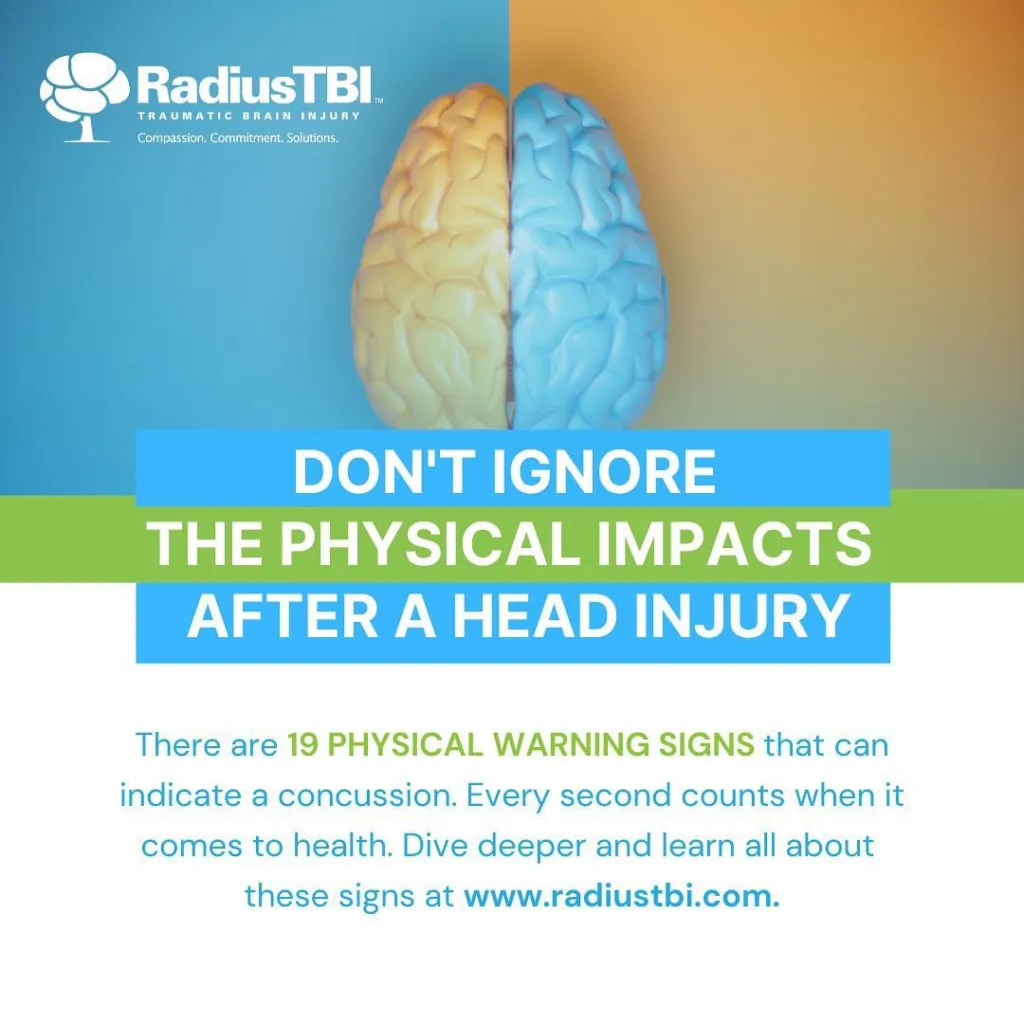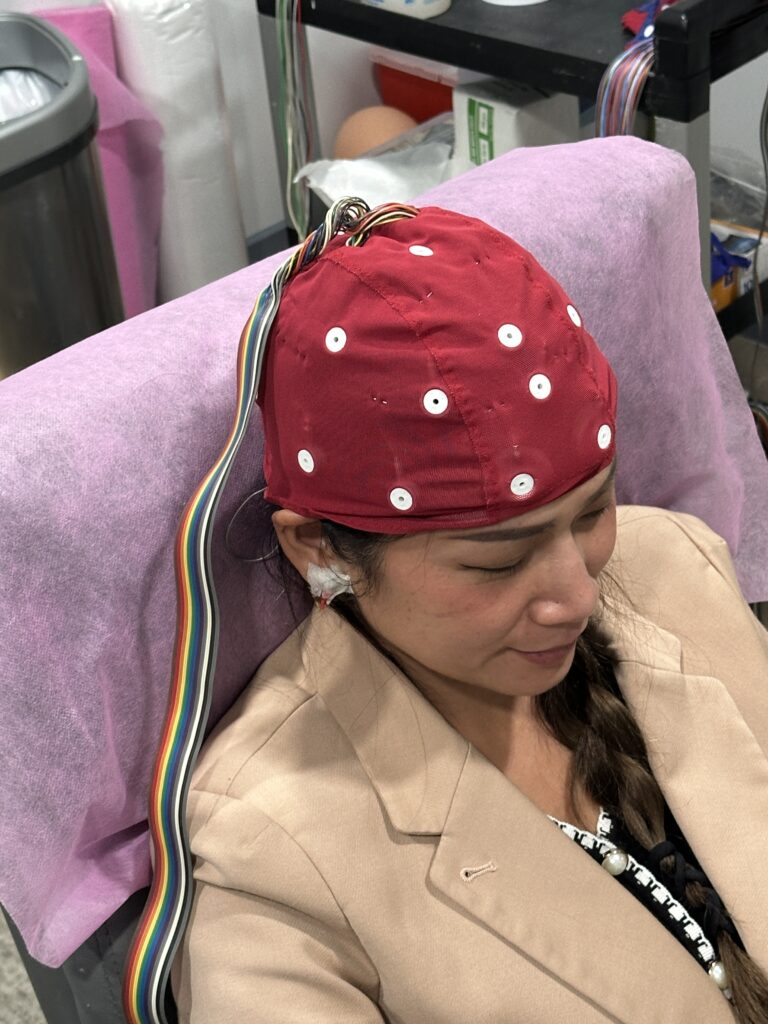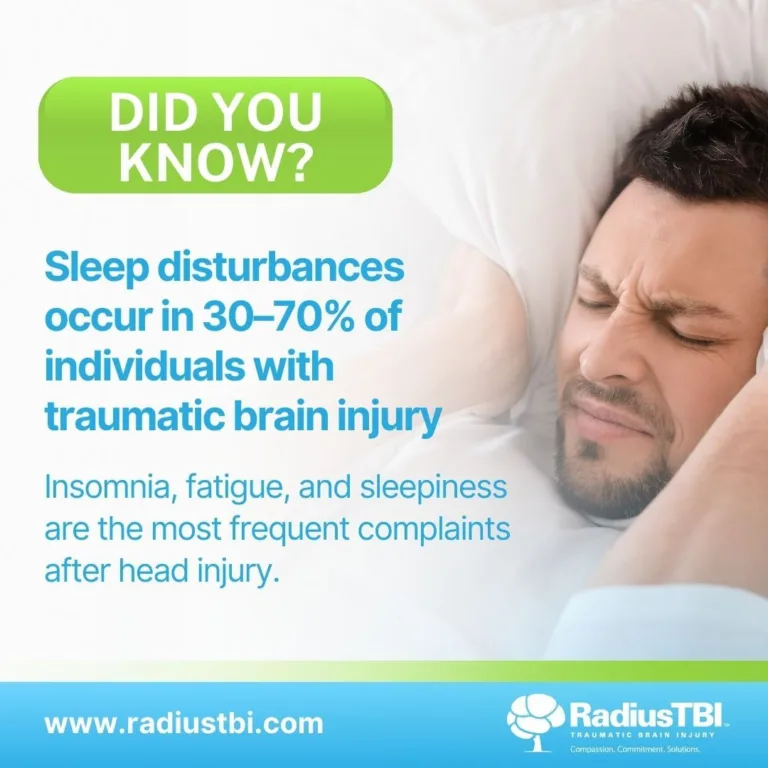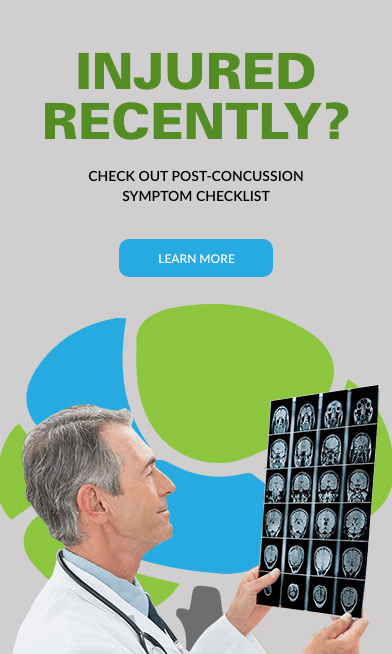Balance Assessment Test
Your Guide to Diagnosing TBI
Integrative Care for Concussion / Traumatic Brain Injury Sufferers
in Ft. Lauderdale, Tampa and Orlando, Florida
Following a traumatic brain injury (TBI), it’s not uncommon to experience a range of symptoms, including dizziness, vertigo, and balance problems. These symptoms can be caused by damage to the inner ear, brainstem, or other parts of the brain responsible for maintaining balance.
What is Balance Assessment?
A thorough balance assessment is an essential step in managing the symptoms associated with TBI-related balance disorders.
The assessment involves a series of tests to evaluate your balance and identify any underlying issues contributing to your symptoms.
During a balance assessment, a healthcare provider or specialist will first conduct a thorough medical history and physical exam to identify any factors contributing to your symptoms. This may include a review of your medications, recent illnesses, and previous injuries or surgeries.
The provider will then conduct a series of tests to evaluate your balance and determine the underlying cause of your symptoms. These tests may include:
Posturography: A test that measures how well you maintain balance while standing on a specialized platform.
Vestibular function tests: A series of tests that evaluate the function of the inner ear and the vestibular system, which plays a key role in maintaining balance.
Electrooculography (EOG): A test that measures eye movements to evaluate the vestibular system’s function.
Head movement tests evaluate how your balance is affected by moving your head in different directions.
Dynamic visual acuity (DVA) testing: A test that evaluates how well you maintain optical clarity while moving your head.
Gait analysis: A test that evaluates your walking pattern and identifies any abnormalities contributing to your balance problems.
Once the balance assessment is complete, the healthcare provider or specialist will develop a treatment plan tailored to your specific needs. Treatment options may include physical therapy, vestibular rehabilitation, medication, or other forms of rehabilitation.
A balance assessment is an essential step in managing the symptoms associated with TBI-related balance disorders. It involves a thorough evaluation of your balance and identifies any underlying issues that may be contributing to your symptoms.
If you are experiencing dizziness, vertigo, or balance problems following a TBI, speak to a healthcare provider or specialist to learn more about balance assessment and other treatment options available to you. With the right diagnosis and treatment, it is possible to manage TBI-related balance disorders and improve overall quality of life.
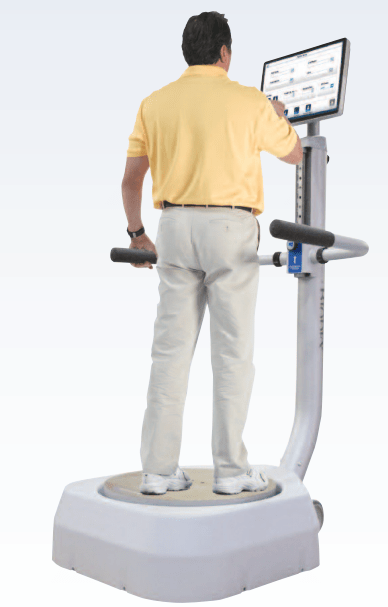
Latest News & Updates
Blogs

Meet Our No.1 Best Neuropsychologist in Tampa, FL Location
At Radius TBI, we pride ourselves on providing exceptional care for individuals suffering from traumatic brain injuries (TBI) and concussions. Our integrated medical team in Tampa, FL, includes some of the most respected and experienced professionals in the field, ensuring
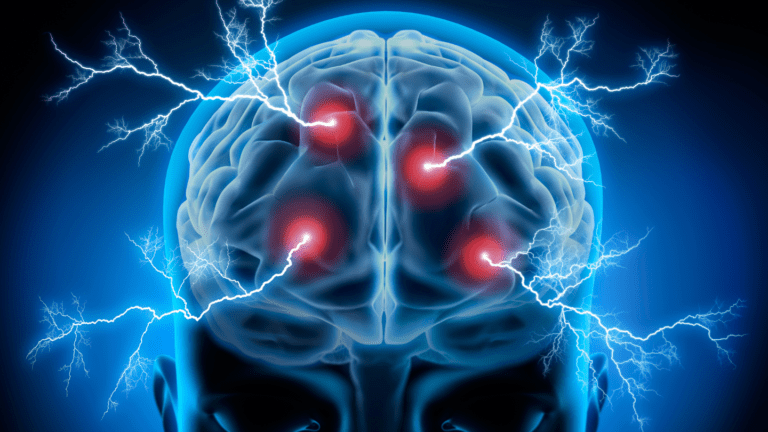
Understanding Routine EEG, QEEG, and Ambulatory EEG Tests
EEG, QEEG, and Ambulatory EEG are distinct forms of electroencephalography, each serving unique purposes in the diagnosis and monitoring of neurological conditions.


